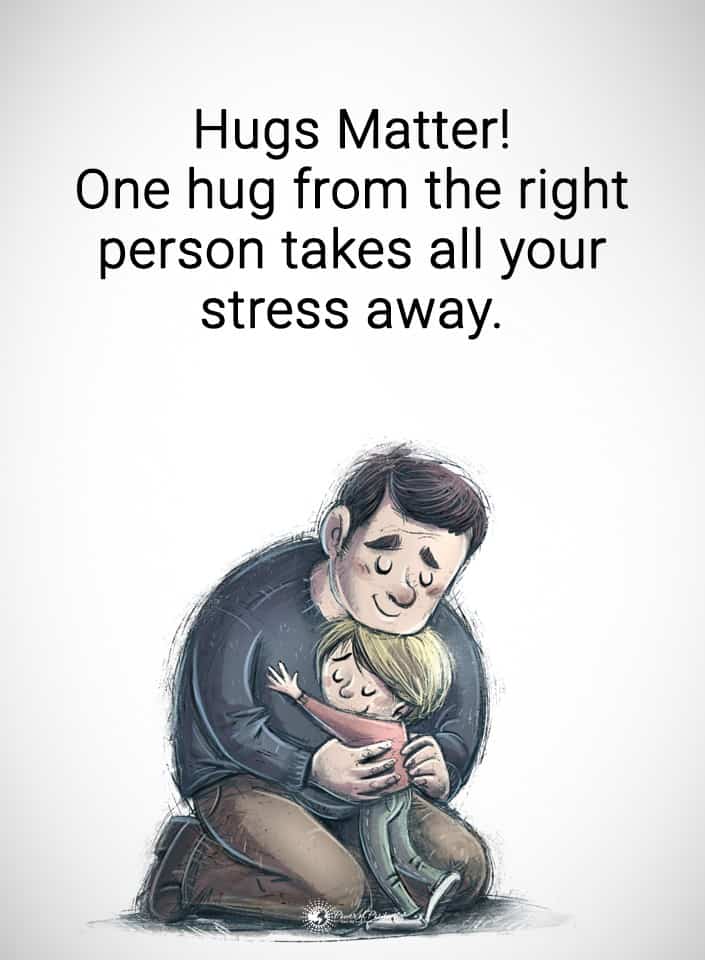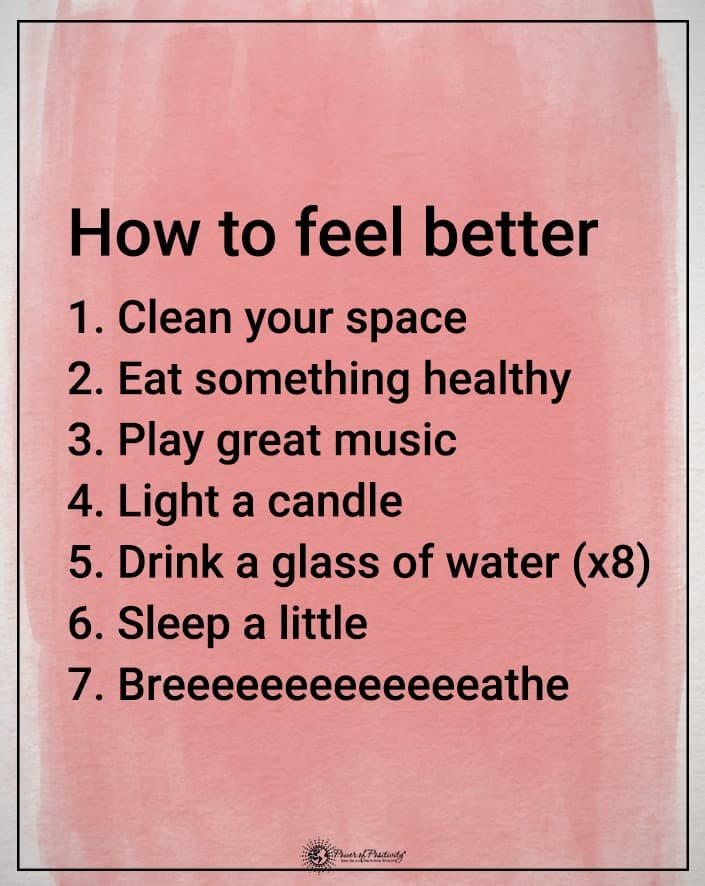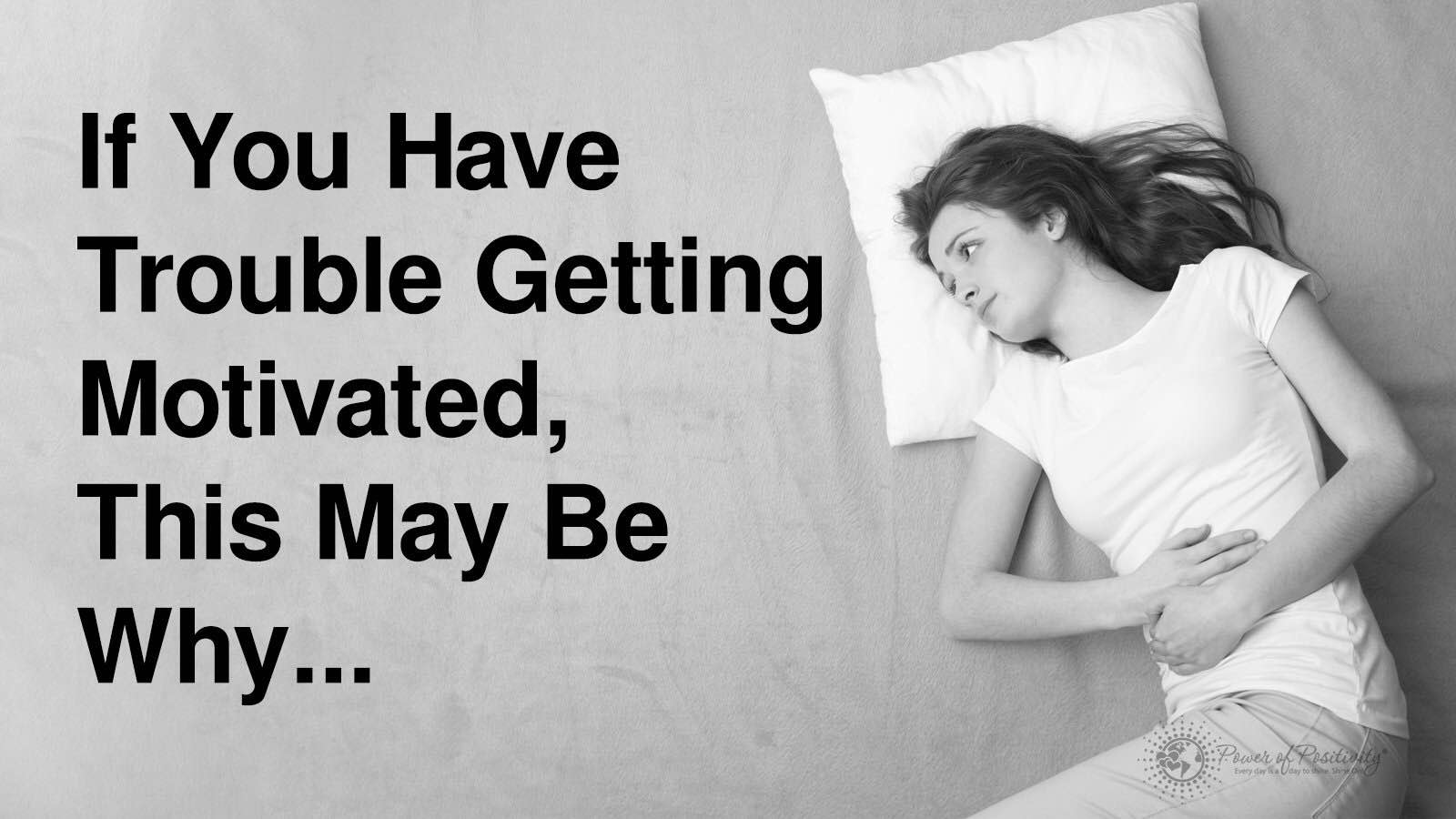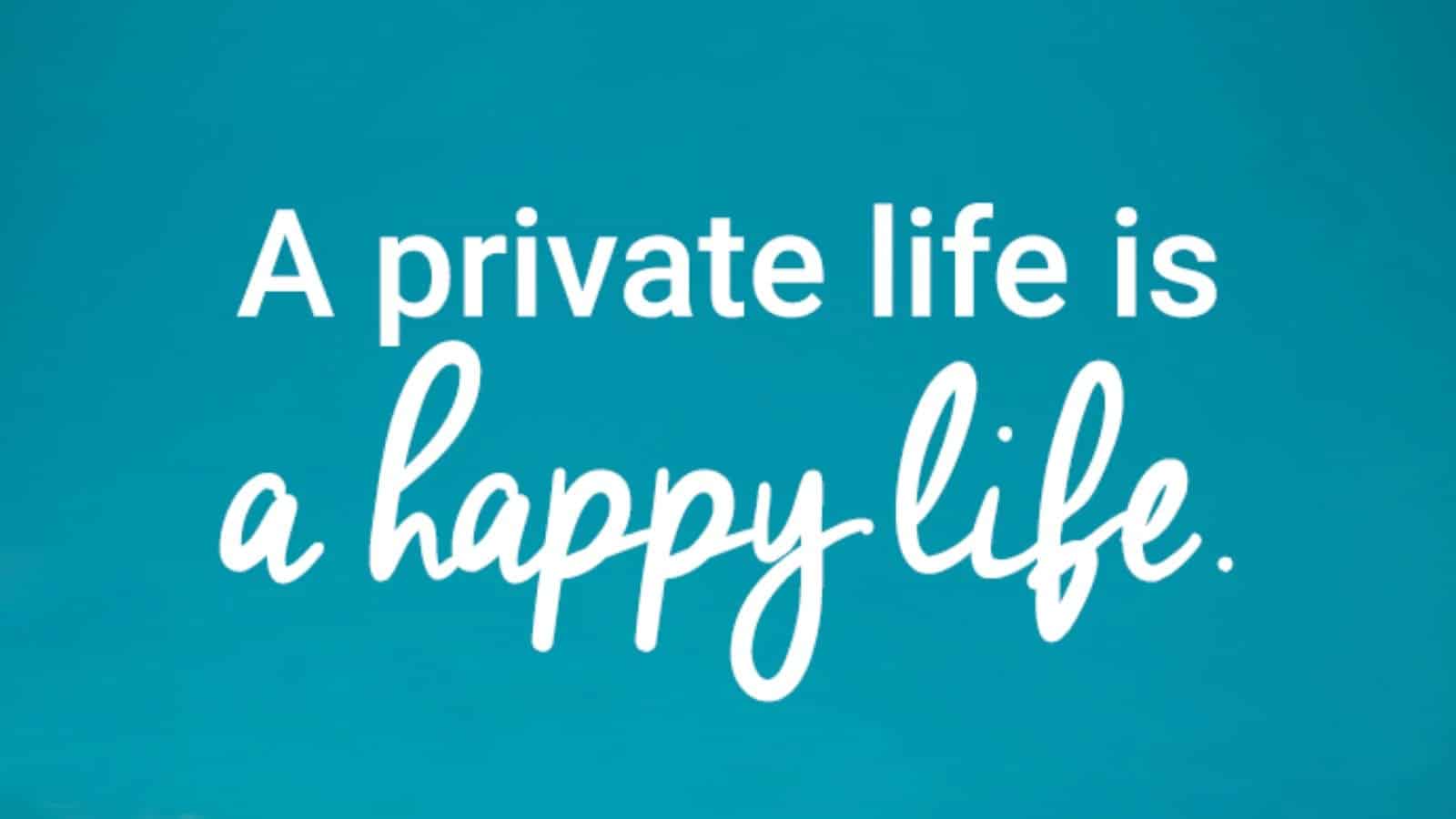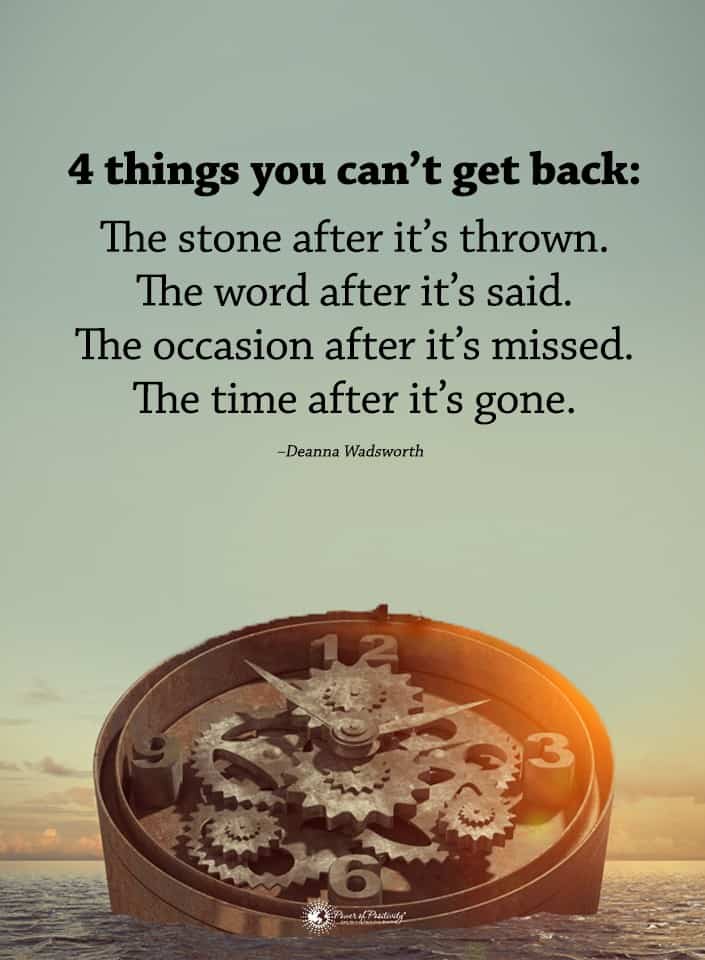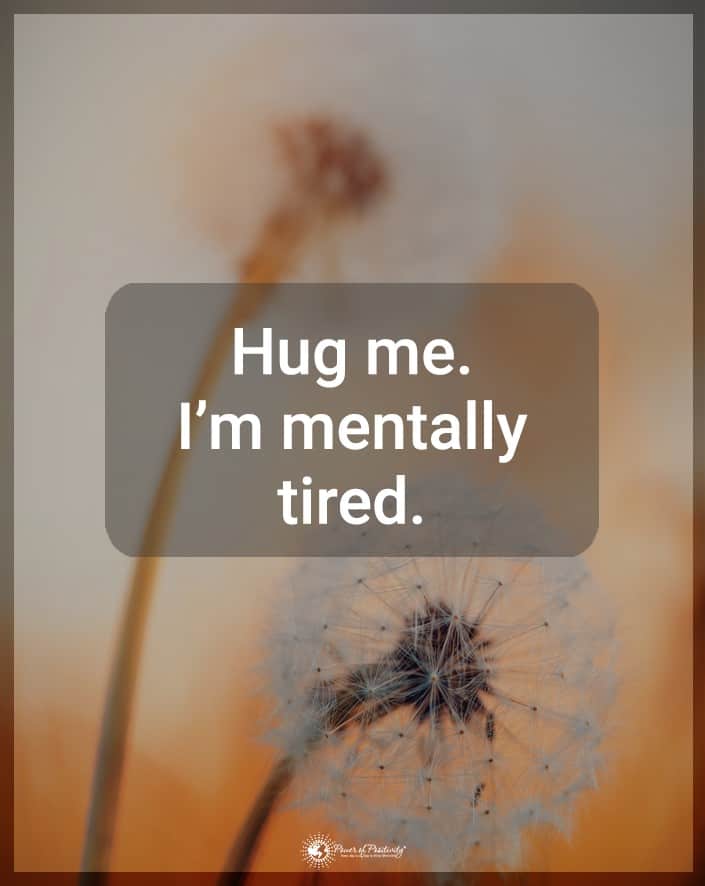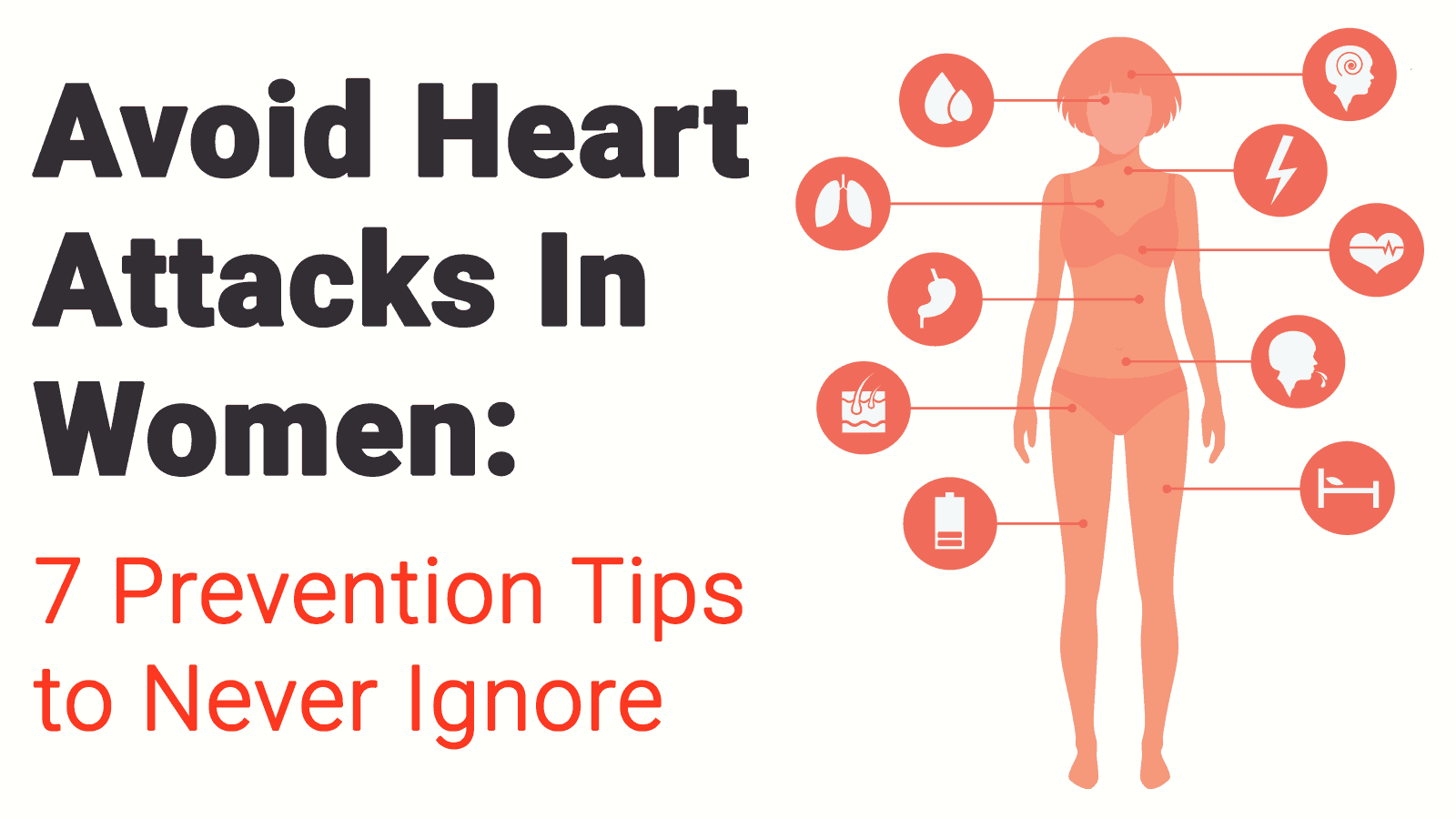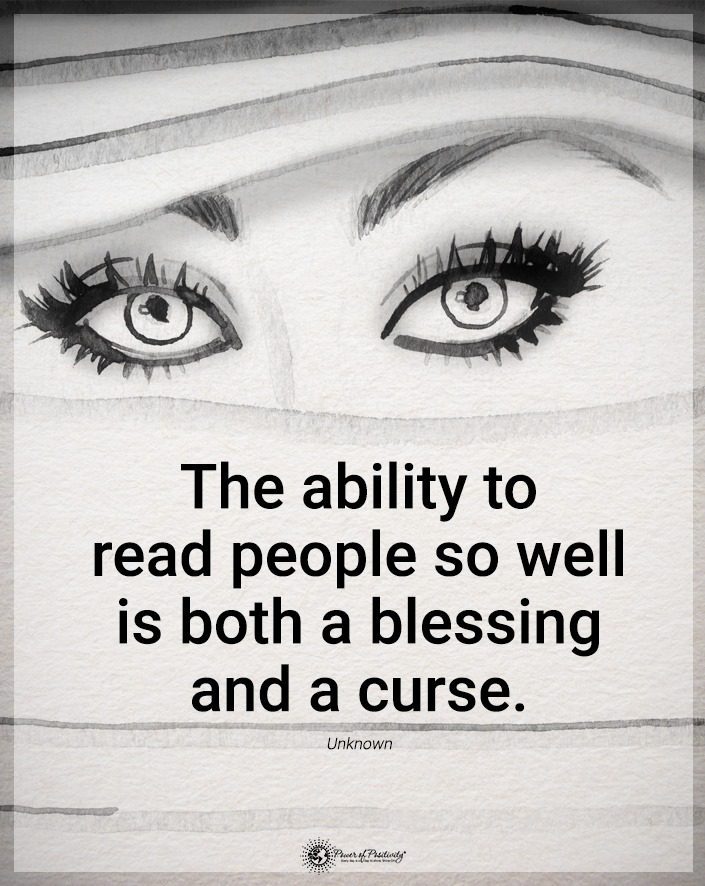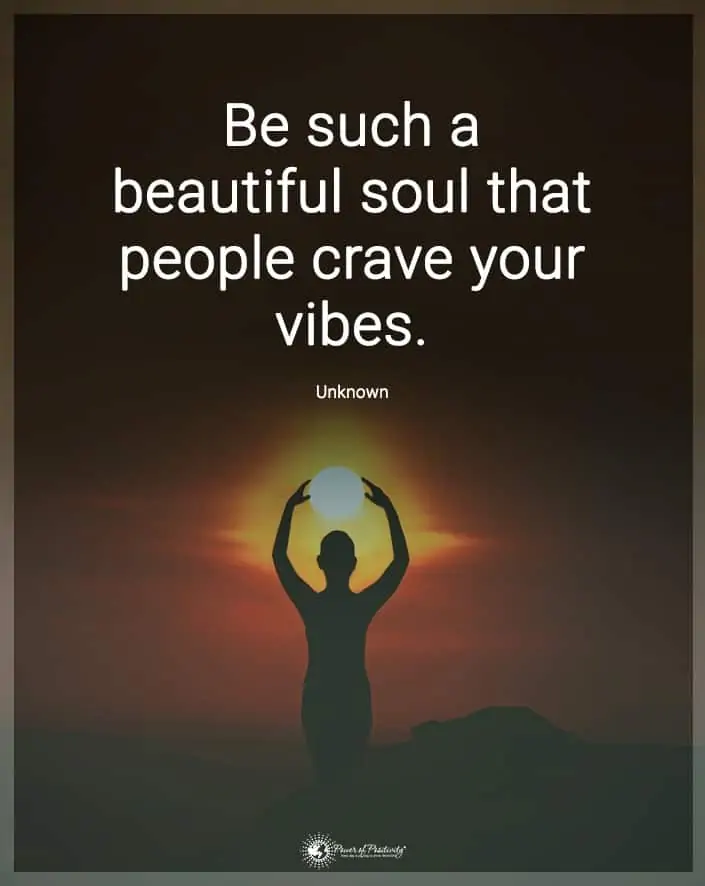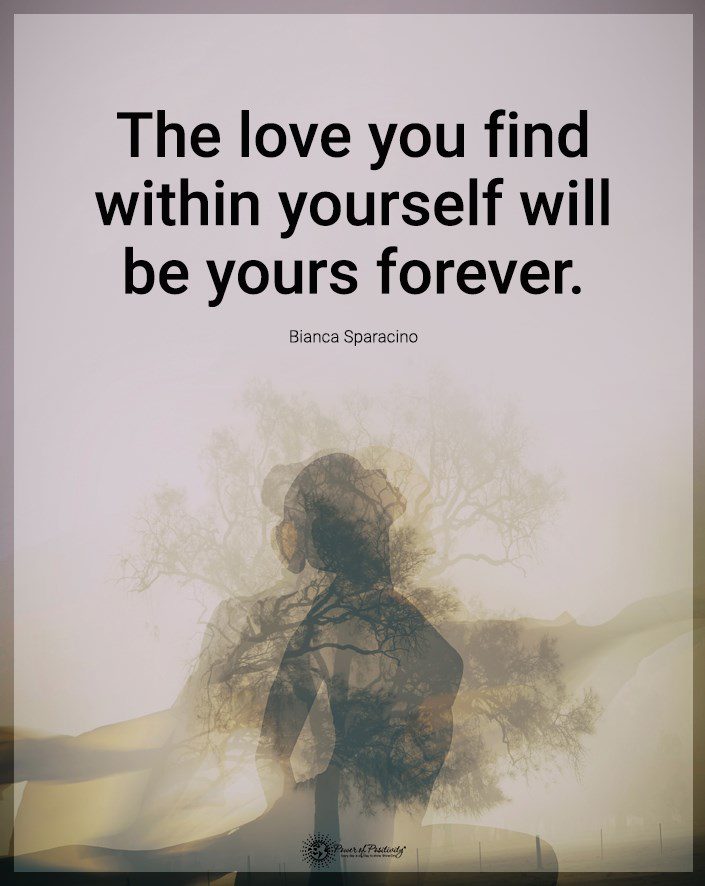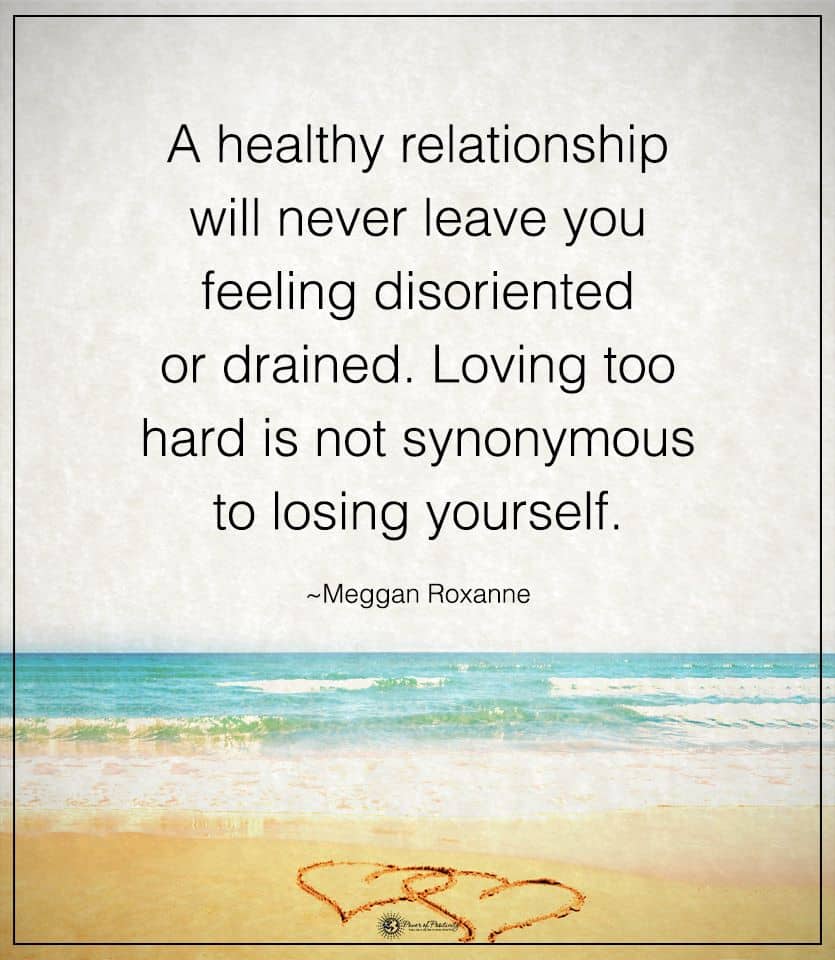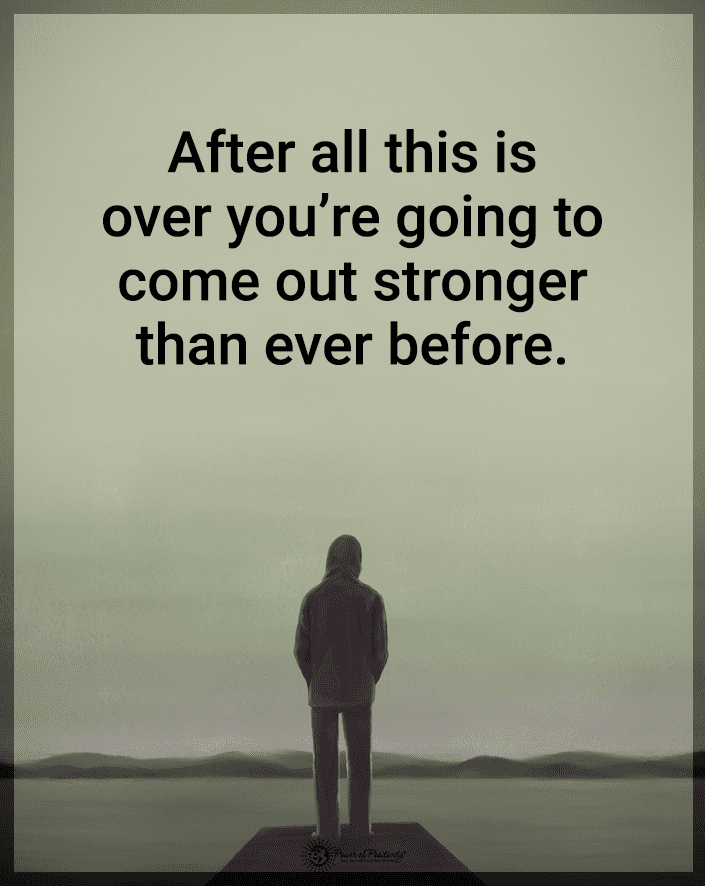Physical touch is one of the most fundamental elements of human interaction. From a gentle pat on the back to a comforting hug, we use physical touch to express and perceive emotions. We use our senses of vision and hearing more than our sense of touch, but humans may need physical touch every day.
Touch is a part of the physical closeness of two people that we cannot achieve at a distance. For this reason, touch gives us a sense of connectedness with people and our environment.
Children require loving touch to develop socially and physically. Depriving a child of loving touch is seen as neglectful.
Psychologist Harry Harlow famously studied baby monkeys who were deprived of food and a mother’s touch and then had the choice of food or touch. The poor, lonely, baby monkeys chose touch over food. Humans are no different in our need for touch.
And it’s no different for humans. Physical touch is a universal language of connection. From the first skin-to-skin contact between a mother and her newborn, touch initiates bonding and facilitates social interaction. A well-timed touch can communicate an array of sentiments, from comfort and love to sympathy and understanding. It plays a fundamental role in forming social bonds, whether they’re familial, platonic, or romantic.
The Future of Physical Touch
Technological advances have enabled even people at a distance to experience the touch of a loved one over the internet. This is possible through ‘haptic’ feedback connections. The receiver wears a device that mimics sensations on the skin. When the message sender starts a haptic conversation, the receiver can feel the touch from the sender with the help of the device they wear.
In the future, you might not need a touchy partner to get your fill of positive feelings from physical touch daily. But until haptic devices become more common, you must find a willing friend to let you enjoy their physical touch.
5 Reasons You Need to Have Physical Touch Every Day
Here are five compelling reasons you need physical touch every day.
1. You need physical touch every day to communicate
Humans are social beings, and touch is a natural part of communication. Touch is usually used to communicate a shared meaning between two people. Think about the last time you touched someone’s arm or shoulder. Were you sharing a joke?
The use of touch communicates a mutual bond over your communication and it usually happens when you use language to mean something other than its intended use. When we use innuendo, tell a white lie, exaggerate or joke around, we use words to symbolize a different meaning. Other than when we show affection or use touch, these are the usual times.
2. You need physical touch every day to connect you to other people
Our sense of our physical being is what gives us emotions. That tightness in your gut is anxiety, chills down your spine that you call fear, etc. The sensations we feel inside and on the surface of our own bodies help us to connect to people and the world around us.
Think about a great date that you might go on. If you spent the entire time smiling and having a great conversation but there was absolutely zero attempts at touching your knee, hand, or more, you would feel pretty certain that they weren’t interested in you because they did not initiate touch. Touch tells us that you like us.
Researchers in the journal Virtual Reality studying the future of human touch say ‘A short touch by another person can elicit strong emotional experiences; from the comforting experience of being touched by one’s spouse to the experience of anxiety when touched by a stranger. Indeed, human touch bears the capacity for very personal and very intimate interpersonal interaction, and can potentially evoke a sense of ”proximity and establish the human connection.”
3. You need physical touch every day to get what you need
Touch is an effective tool to convince people to do what you need them to do. Touch communicates the importance of your words and commands the other person’s attention. You say, ‘Pay close attention to me right now,’ as you touch someone’s arm and speak to them.
It is a non-verbal way to communicate and can sometimes express more than words ever could. It’s an instantaneous method to share feelings or thoughts, and it’s understood across cultures, languages, and ages. The warmth of a comforting touch can express understanding, while a firm handshake can show respect. These non-verbal cues can enhance verbal communication, foster better understanding, and build stronger relationships.
4. You need physical touch every day to give and receive positive energy
Your touch is powerful and can be thought of as a way to transmit and receive energy from one person to another. When your touch conveys affection or happiness, you give positive energy to the person you touch. You can also feel the positive energy from another person who hugs you when they give love and happiness to you.
5. You need physical touch every day to heal your wounds
Therapeutic touch has been used for centuries with acupressure, massage, and chiropractic practices. These touch therapies focus on healing our bodies, but therapeutic touch can also be used to heal our minds.
Licensed psychologists can work with people to provide a variety of types of therapeutic touch. Therapists use touch to help de-condition people who have experienced physical abuse, to communicate caring and calm energy to people during a suicidal crisis, to guide partners during sex therapy, to facilitate bonding during group therapy sessions, and more.

